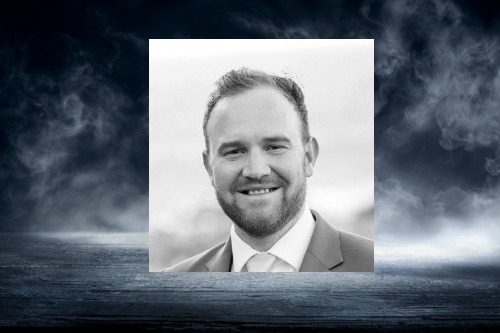Spooking the Ghost Brokers

Authored by Richard Seaman, Product Manager, Product Management for LexisNexis Risk Solutions, Insurance U.K. and Ireland
This time last year, we raised how the problem of insurance application fraud and ghost broking activity is putting the insurance market under significant pressure to improve the robustness of identity validation checks prior to and post policy inception. Little did we know how 2022 would pan out and the increasing risk of this pernicious crime to both insurance providers and their customers.
In the past few weeks, the Insurance Fraud Bureau (IFB) has warned drivers to watch out for bogus motor insurance deals that have become ‘rife’ on social media during the cost-of-living crisis. However, despite its prevalence on popular social media sites, the IFB’s research has shown that only one in six people (17%) are currently aware of ghost broking scams. As a consequence, the IFB along with the General Insurance Fraud Committee (GIFC) are stepping up their efforts to improve awareness amongst the general public.
Truly alarming is the fact that the IFB has discovered over 55,000 fraudulent motor insurance applications in the past 12 months – more than double the figure previously detected, with ghost brokers linked to thousands of cases.
The glimmer of light is that the rise in detected application fraud is the result of insurers increasing efforts with IFB to protect consumers from the devastating impact of fraud.
Furthermore, insurance providers have been ramping up their fraud strategies to tackle ‘front end’ fraud using identity (ID) validation checks to help confirm the applicant is who they say they are, at speed, at point of quote and without adding unnecessary friction.
Instant email address validation at point of quote is a prime example. LexisNexis® Emailage® Rapid is a powerful fraud risk scoring solution based on the email address and other personal information provided during the application process. The solution is helping the insurance market spot potential cases of application fraud early in the customer on-boarding process. The score indicates whether the digital identity belonging to the supplied email address is genuine or whether it could be fraudulent at the point of quote.
LexisNexis® Emailage® Rapid assesses risk by evaluating billions of online transactions and email address data points, such as whether the email and domain even exist, when it was first / last seen or whether the email address belongs to the proposer’s name as captured as part of the customer journey.
Email addresses are a unique global identifier and one of the most commonly used components for any online transaction. As well as being a consistent identifier (90% of people having the same email address for over 3 years), an email address is also linked to multiple online accounts and transactions. This means each individual email address creates a digital footprint which can make it one of the most powerful tools for detecting application fraud.
As well as automatically validating quotes, the LexisNexis® Emailage® Rapid score can be used to inform pricing and underwriting decisions when used alongside a wide range of data enrichment datasets including publicly available data, policy history data, property, geospatial and prior claims data.
The pandemic and now the cost-of-living crisis has not only expedited the insurance industry’s adoption of digital business, it has heightened the need for robust ID validation checks at the point of application, quote and post policy inception. Email address intelligence through LexisNexis® Emailage® Rapid is taking ID validation to the next level. Innovations such as this are helping to boost the insurance market’s resilience to identity fraud, protect unwitting motorists from the threat of ghost brokers and ensure a streamlined quote experience for the genuine end customer.
If you work in the insurance industry and would like to get in touch with the author of this article Richard Seaman, CLICK HERE, leave a message and youTalk-insurance will pass your enquiry on





